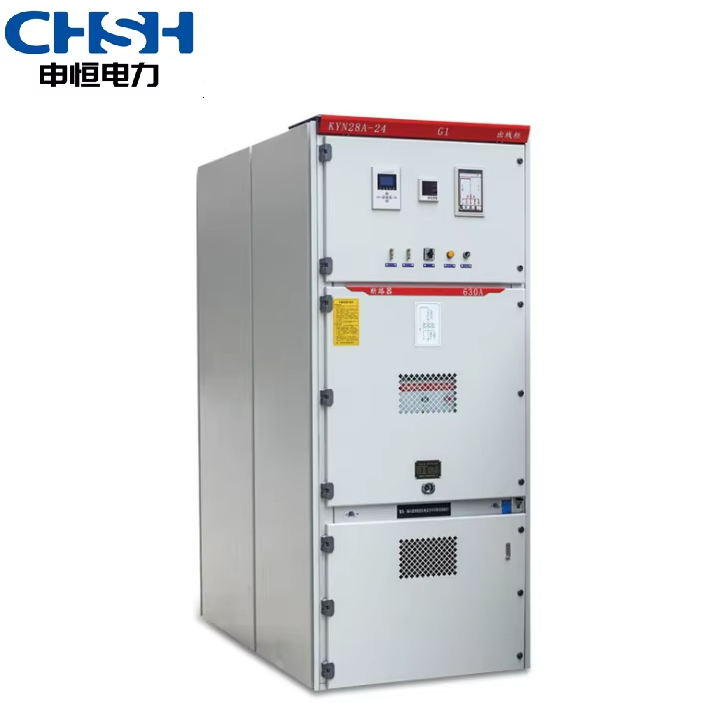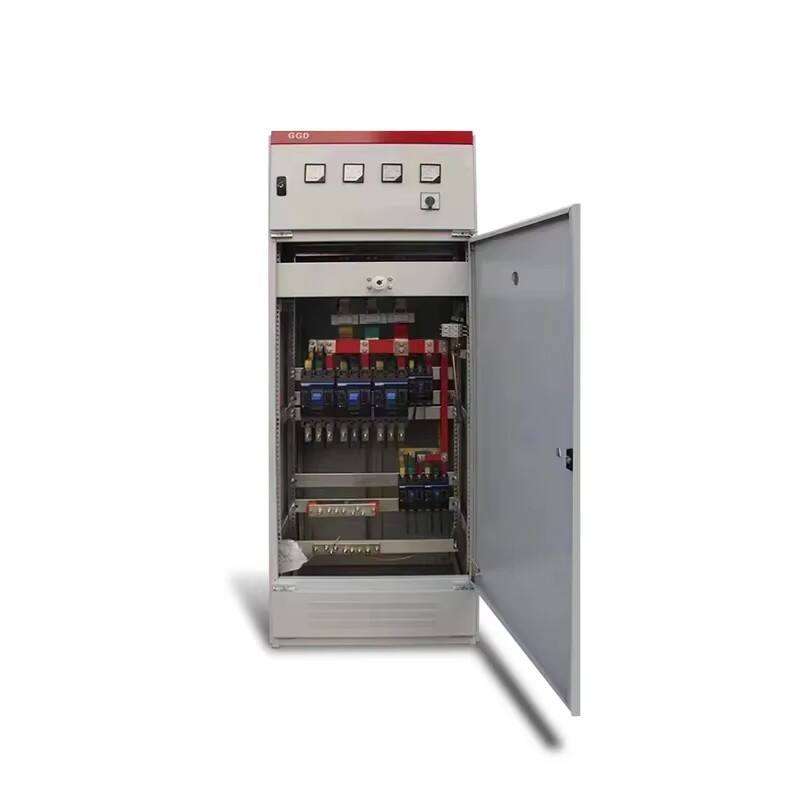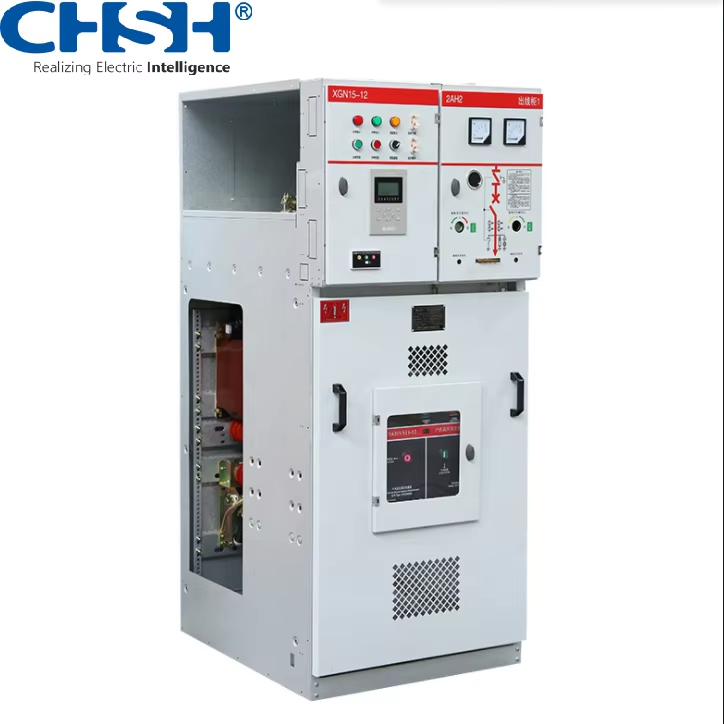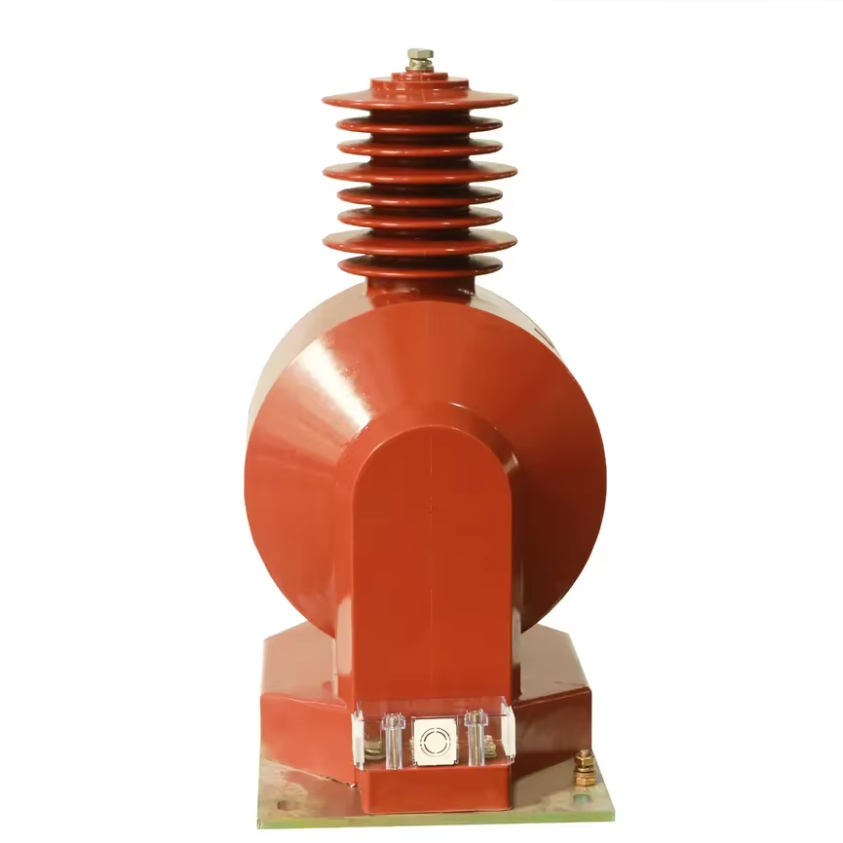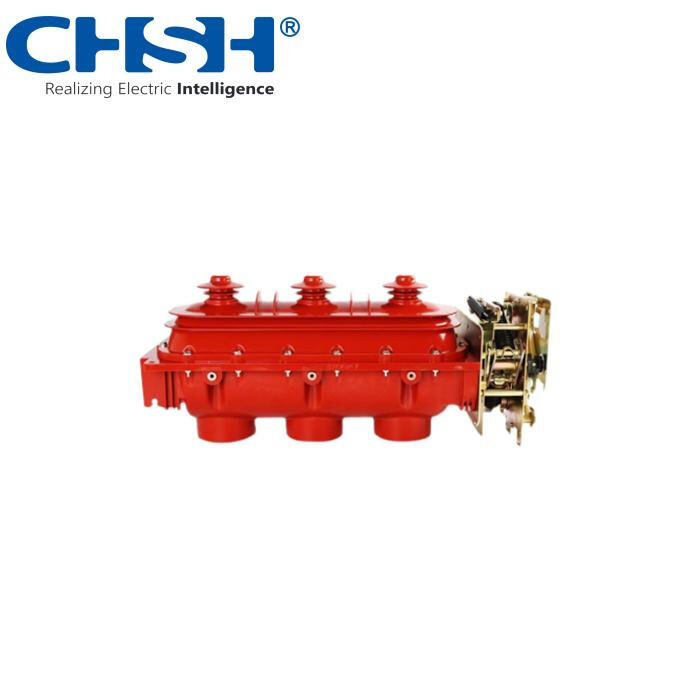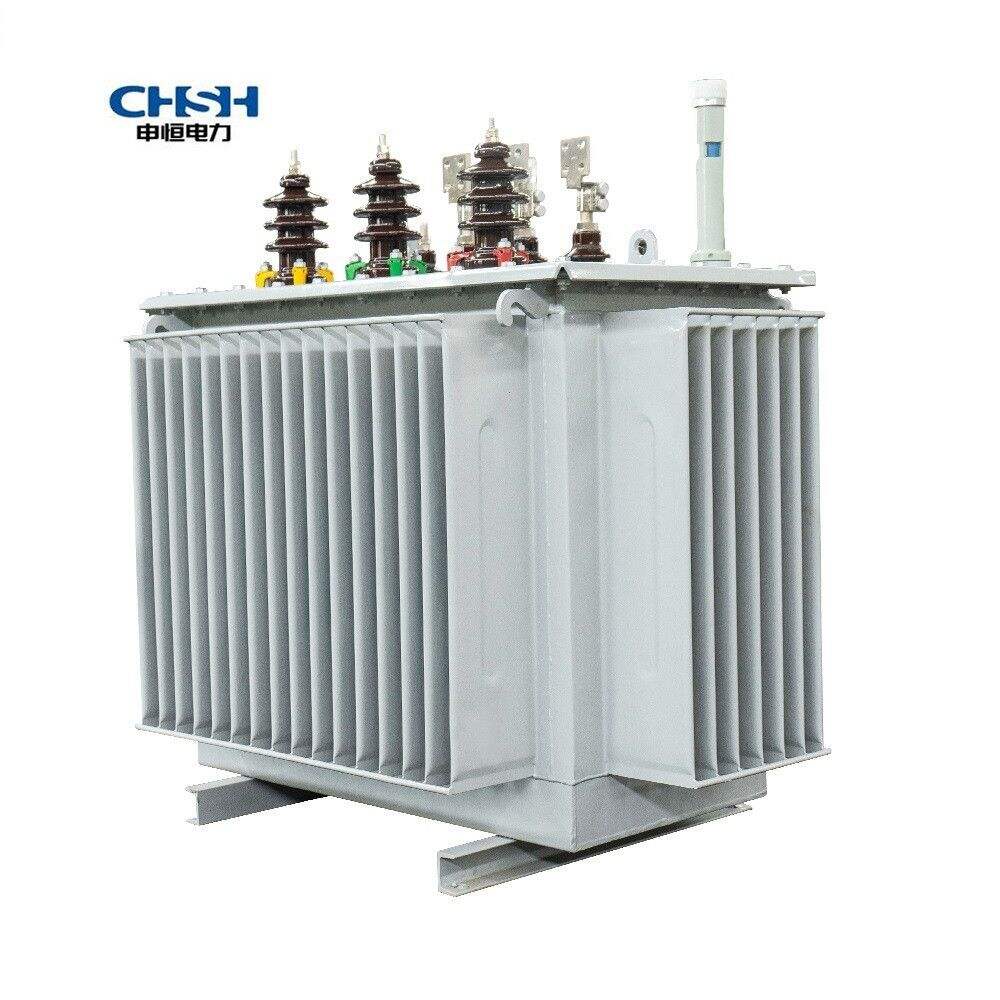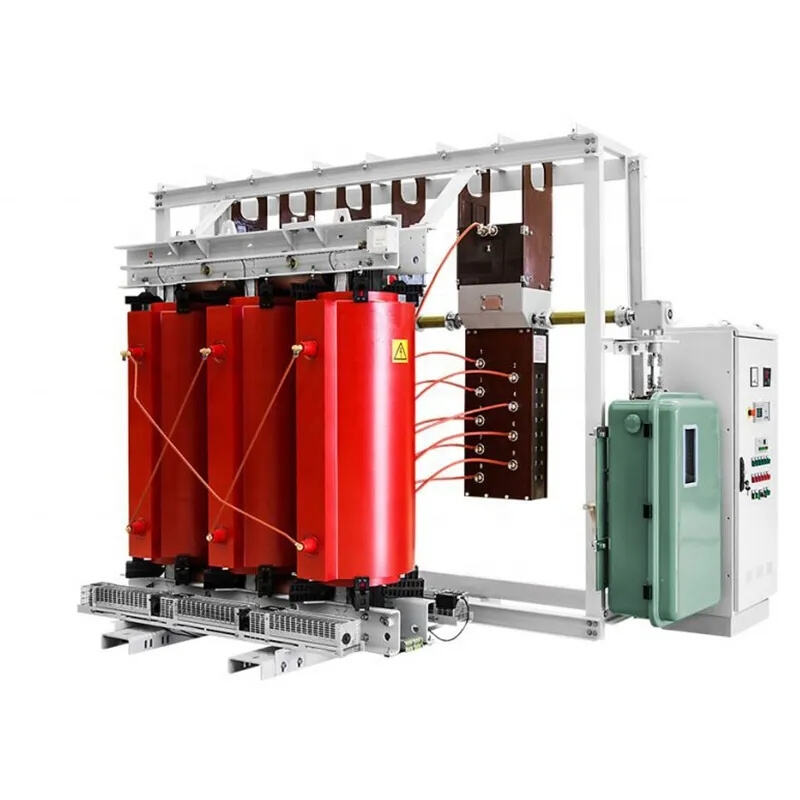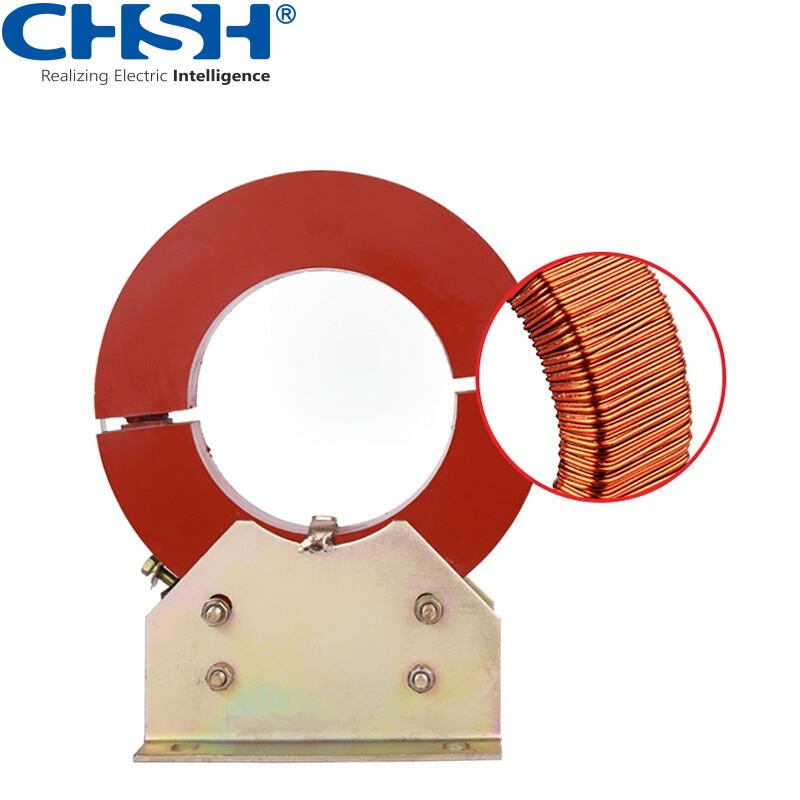current instrument transformer
Current instrument transformers represent a crucial component in modern electrical systems, serving as essential devices for measuring and monitoring electrical currents in power distribution networks. These sophisticated instruments are designed to transform high-level currents into standardized, lower values that can be safely measured by standard instruments. The primary function involves stepping down large currents to proportionally smaller ones, typically in ratios like 100:5 or 1000:5, enabling accurate measurement and monitoring while ensuring operator safety. Modern current instrument transformers incorporate advanced magnetic core materials and precision windings to maintain exceptional accuracy across varying load conditions. They feature robust insulation systems that withstand high voltage stress and maintain stability in challenging environmental conditions. These transformers find widespread applications across various sectors, including power generation facilities, industrial manufacturing plants, and electrical substations. They play a vital role in metering applications, protection systems, and power quality monitoring. The technology employs sophisticated electromagnetic principles to achieve precise current transformation while maintaining phase relationships between primary and secondary currents. Contemporary designs emphasize compact construction without compromising performance, incorporating features like advanced shielding against electromagnetic interference and built-in thermal monitoring capabilities.

